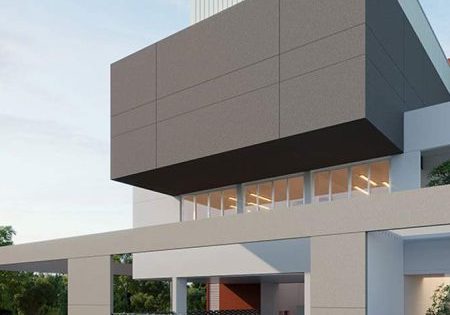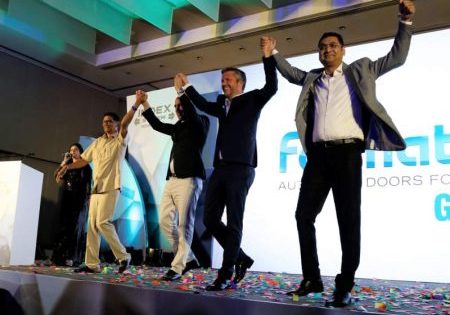“Rising Above”
Jun 1, 2020
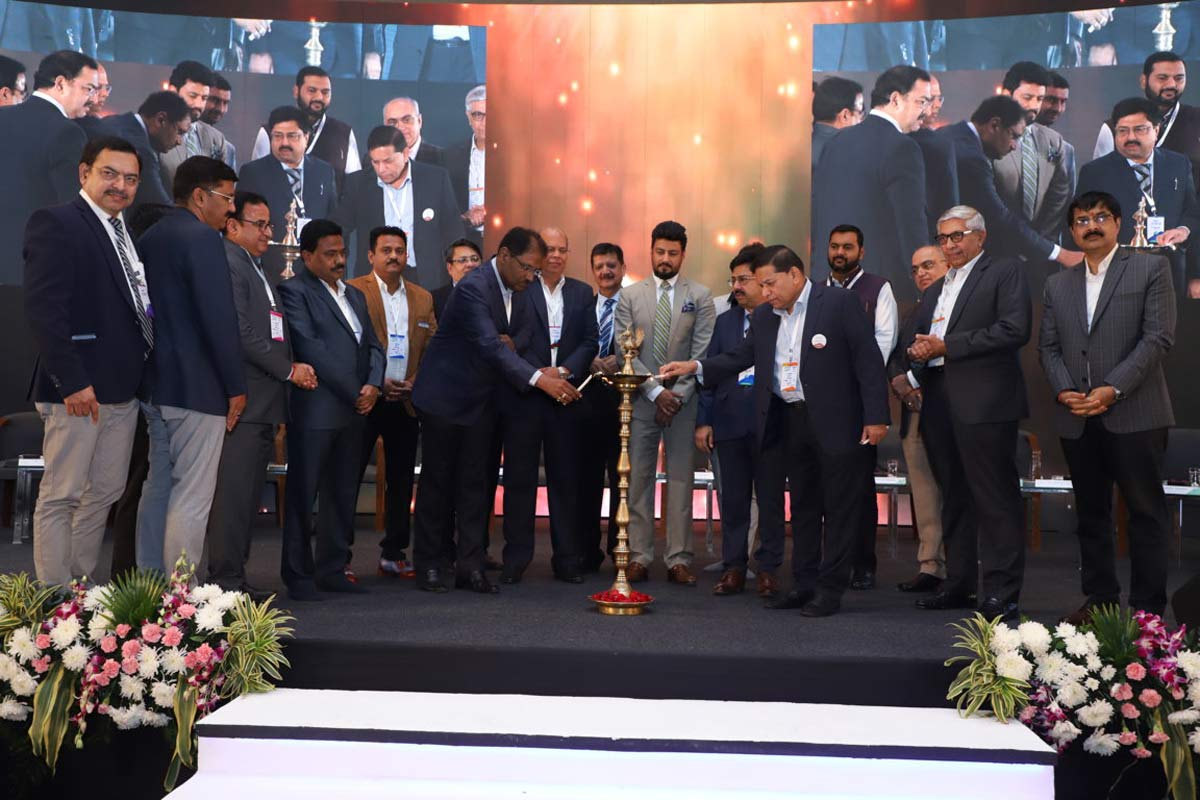
CREDAI MahaCON 2020 highlighted new laws and their impact on real estate.
The January 6-7 CREDAI MahaCON 2020 convention was organized and hosted by CREDAI Maharashtra, made up of the Confederation of Real Estate Developers’ Associations of India-Builders Association of Navi Mumbai (CREDAI-BANM) at the Hotel Sahara Star in Mumbai. The seventh convention in the series, it had the theme “Rising Above” and witnessed participation by more than 700 developers. The theme reflected that changing and growing is what makes you win, as well as the effort to believe in one’s goals and abilities to achieve them. The real estate sector can be significantly affected by the smallest changes in the market, minor disruption in sentiment or even a small change in policies. Thus, it is dependent on resource costs, demand, supply and changing policies.
On the first day, Rachana Bhusari, vice president (VP), National Stock Exchange, elaborated on “Keeping Your Business Funded.” Vipul Rathi, managing director, Galactico Corporate Services Ltd., spoke on “Fund Raising Through IPO.” Boman Irani, VP, CREDAI, and chairman, Rustomjee Developers, talked on the “Success Realtors Mantra,” discussing facing challenges by accepting the occasional bleak truth, making different and niche products and being adaptive to change. Rajiv Parekh, president, CREDAI Maharashtra, encouraged motivation, building confidence and the need for financing proactively in small cities, which will boost the objective of “Housing for All.”
Jaxay Shah, chairman, CREDAI National, complimented CREDAI Maharashtra for its robust presence in more than 57 cities and having almost 3,000 members. He stressed the imperative of family values and quality of living in the properties being developed and budget improvement in Goods and Services Tax norms for buyers.
Satish Magar, president, CREDAI National, stressed the duty developers should perform for the country. Profit, not profiteering, should be the norm, along with clear commitment to customers and stakeholders and effective use of technology for better products. He encouraged CREDAI Maharashtra to be a role model, with aboveboard business practices and day-to-day upgradation. He also spoke on land-pooling in today’s business context and the utmost need for transparency and fairness to achieve it. He said its advantages are less risk and the requirement of less capital. His essence was that investing on land, not in land, should be the mantra, as double-digit interest and single-digit growth are not good.
Devang Trivedi, past president, CREDAI-BANM, and managing director, Progressive Group, elaborated on “Family Managed Business and its Sustainability,” with a focus on effective disaster management in sensitive situations and family-run business-management entrepreneurship. He noted that 5,000 family-run companies are institutionalizing, and family-management statistics show that hardly 10% achieve perpetuity of business beyond the third generation.
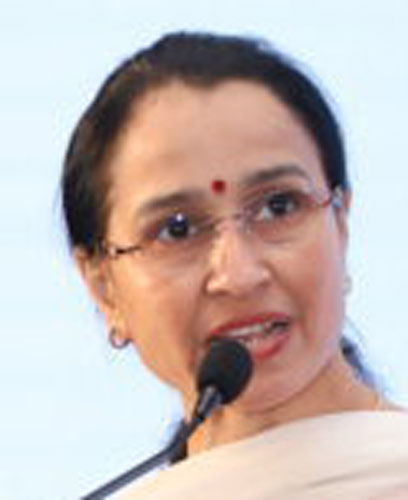
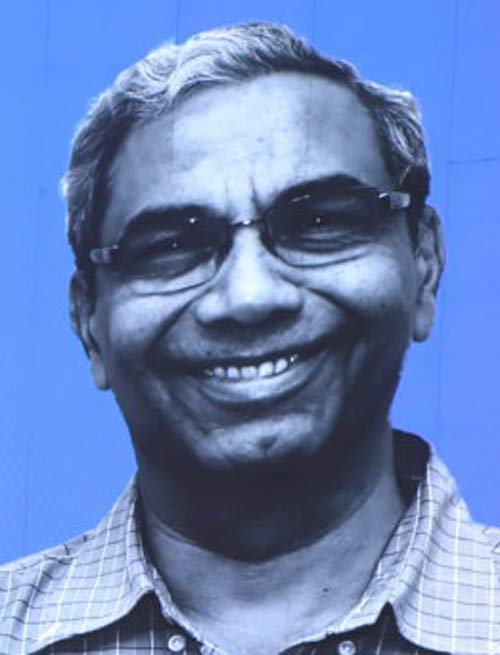
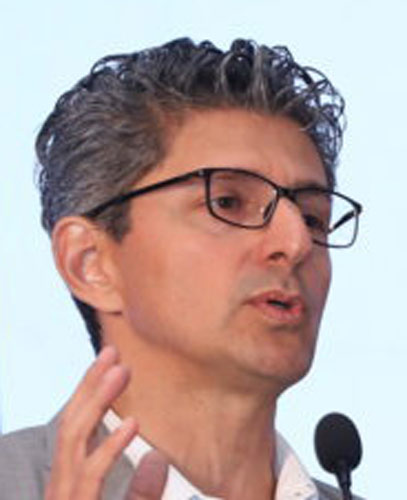
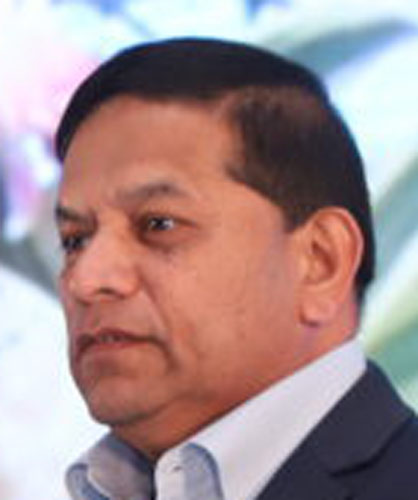
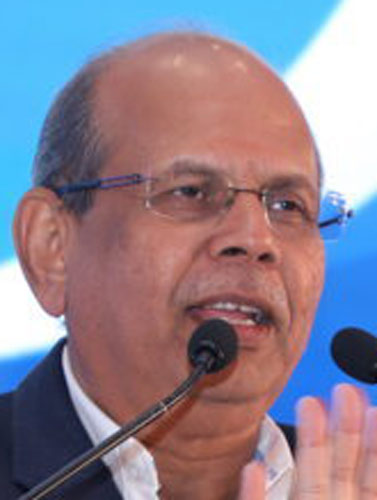
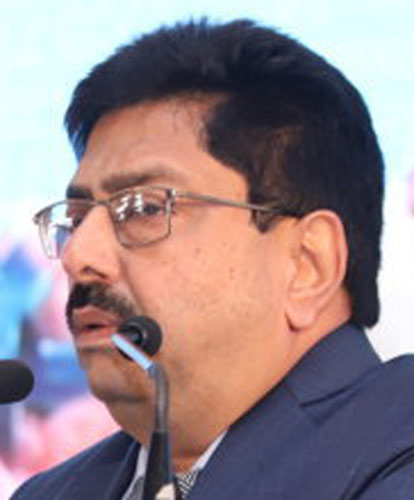
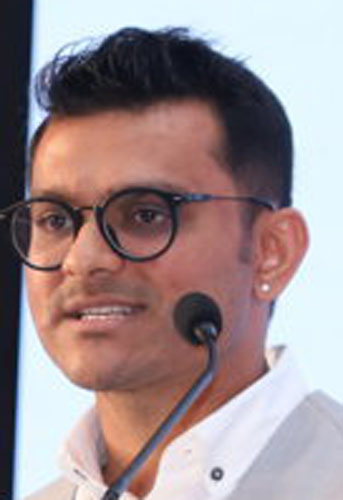

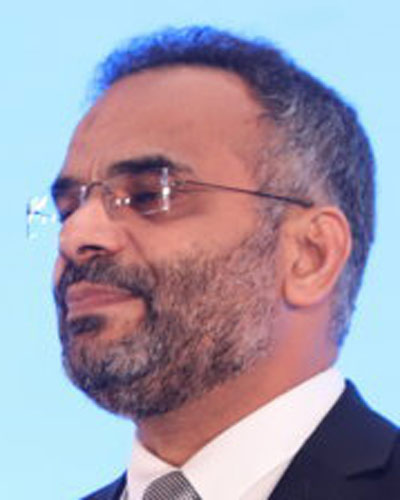
Rakesh Jhunjhunwala, a renowned investor, was bullish on the sector. He said the worst seems over, and the next five years will be better than the last. He stressed that, in turnover-based quick volumes (as with metros and better transportation infrastructure), supply is increasing, whereas prices are not. Developers need to be realistic and be ready to provide products.
Shantilal Kataria, VP, CREDAI National, explained the real estate cycle, technology and the need to concentrate on one’s own business and not become spread too thin by specialization. One should not be speculative, but rather:
- Be realistic
- Build a practical organization setup
- Concentrate on all aspects
- Not divert funds
- Appreciate customers’ money and not play on their personal valuations
One needs to be grounded, Kataria added. Development management contracts are to be encouraged for future business. Customer satisfaction should be the utmost priority, and marketing costs should be reduced.
Rohit Pawar, member, Maharashtra Legislative Assembly, spoke on inventory management, cost control, industry profit margins and the need for education for an effective infrastructure environment and overall development. Ruturaj Patil, member, Maharashtra Legislative Assembly, pitched for construction efficiency and the need to develop byproducts through ecologically friendly means. He spoke about reverse migration through opportunities in tier-2 and -3 cities and in small towns.
Aditya Thackeray, cabinet minister of tourism and environment, Government of Maharashtra, said that, for an economy thrust, environmental clearances should be at state level, and that he looks forward to receiving reports on the status of the industry at the earliest. He invited housing representatives to meet him regularly for reforms.
On the second day, Gautam Chatterjee, chairman, MahaRERA, shared his views on “Implementation of RERA — A Holistic Approach,” followed by a question-and-answer session. He pitched to the developers for transparency, communication, performance and reconciliation, wherein nine out of 10 situations are successfully resolved. He said registration with MahaRERA is not a license; however, it enhances the developer’s brand. He encouraged developers to approach the regulator wholeheartedly, increase professionalism and be accountable and responsible to buyers. He spoke on the mismatch between inventory position and reducing supply, and liquidity issues. He told developers to go beyond the Real Estate (Regulation and Development) Act, 2016 (RERA) and not avoid consumers at any step.
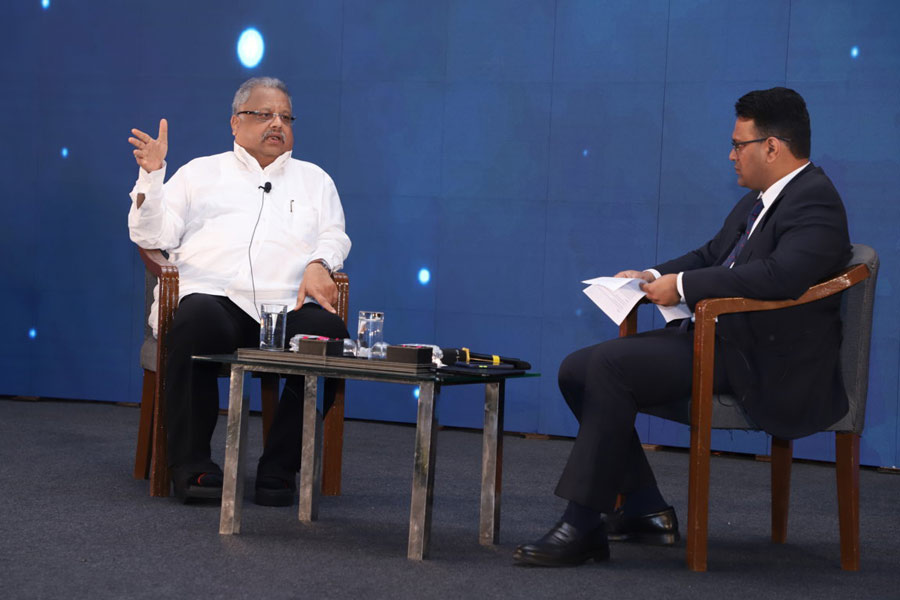
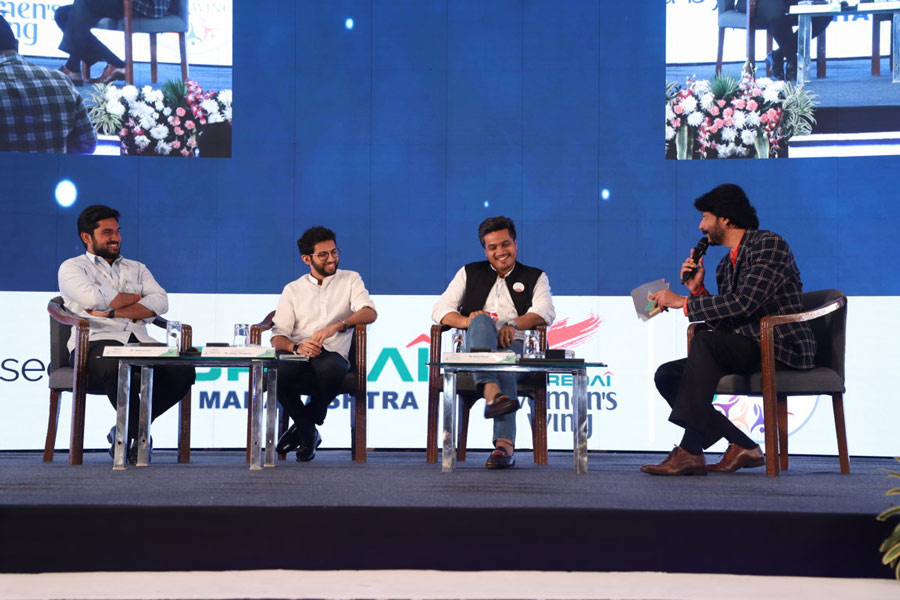
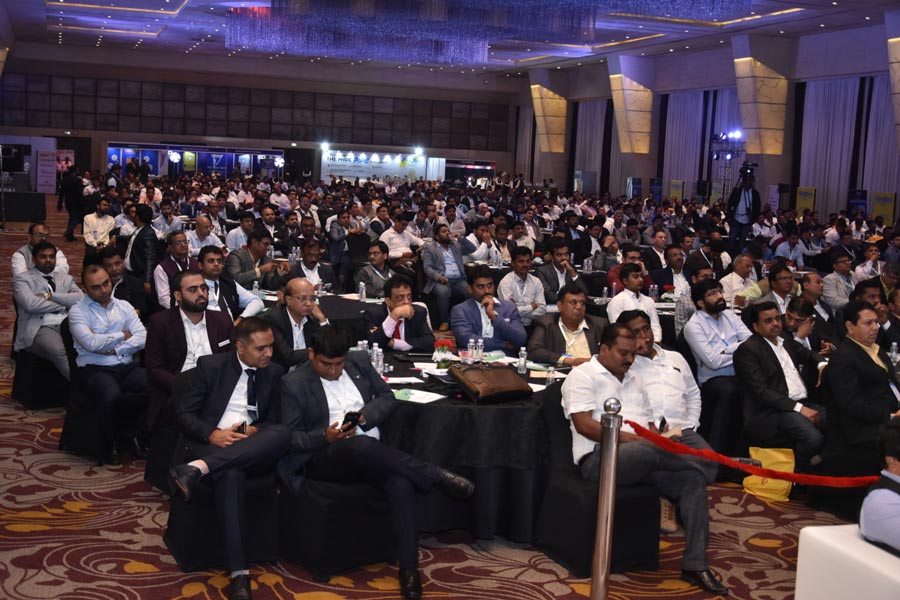
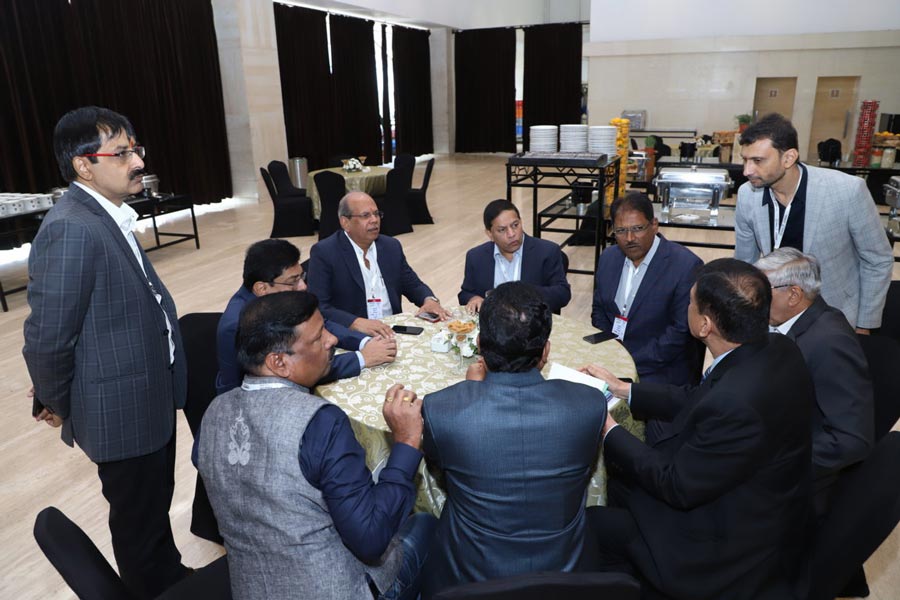
Get more of Elevator World. Sign up for our free e-newsletter.


